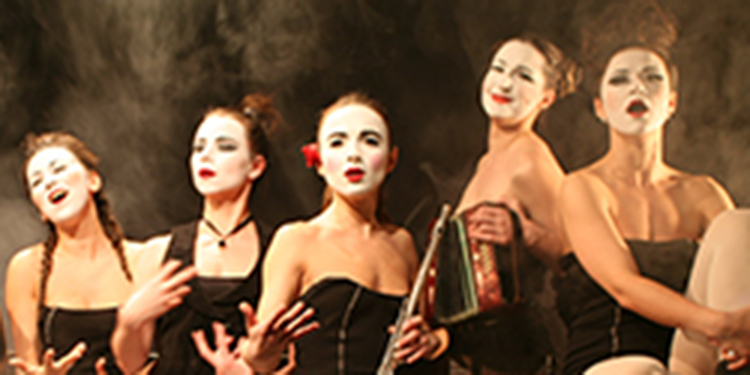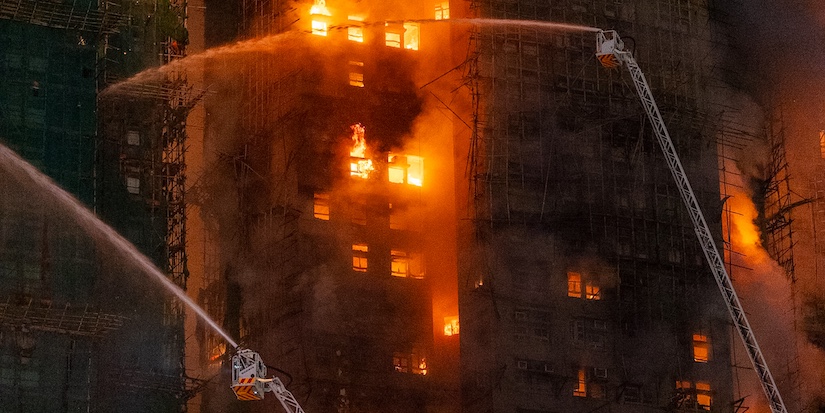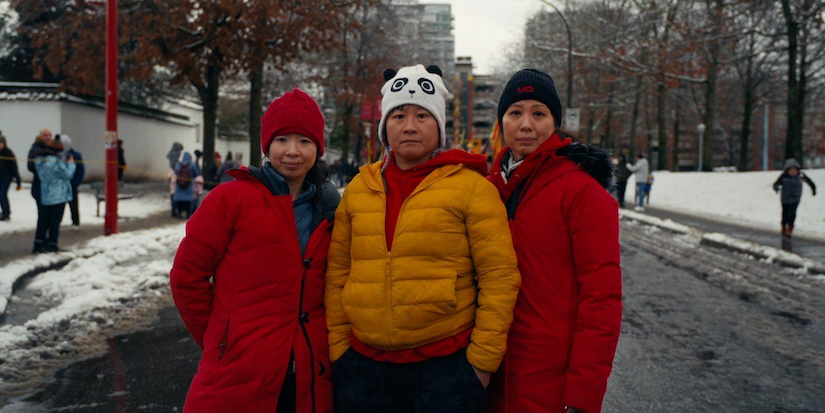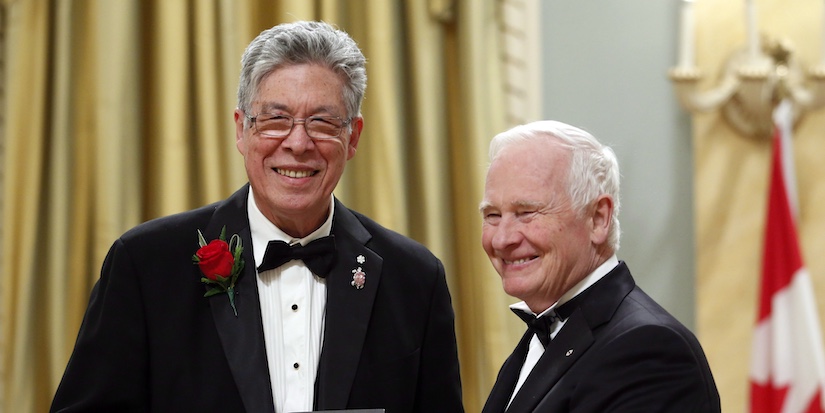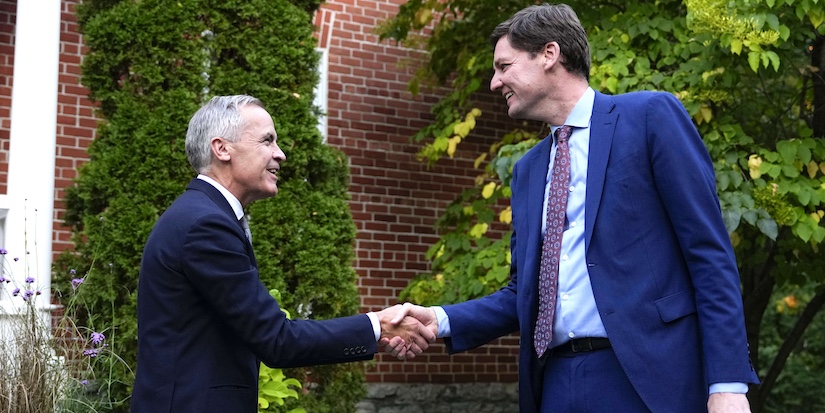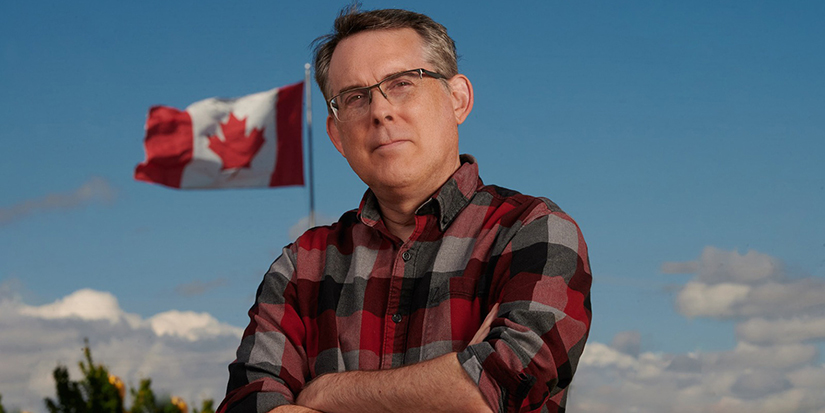Arts & Culture
Modern performance reflects Ukrainian culture then and now
Published 4:27 PST, Wed January 16, 2019
Last Updated: 2:12 PDT, Wed May 12, 2021
Richmond’s history of Ukrainian settlers
starts principally in the 1920s when they moved here to Musqueam land from
Saskatchewan, mainly from Cree territory. Saskatchewan had been home to many
fleeing persecution and poverty in Ukraine in the days when the Canadian
government just wanted people loyal to the British crown, and not the American
government, setting up farms.
Richmond’s Society of Ivan Frankopays tribute to a Ukrainian author,
scholar, journalist, and political activist of the 19th century. Though his PhD
was Viennese his heart and poetry was Ukrainian.
Established in 1937 as a society, the
Ukrainian community in Richmond continues to thrive to this day preserving and
celebrating this culture. As Europe’s second largest country by area after
Russia, and eighth largest by
population at just over 42 million, Ukraine today has revived a culture once
subjugated to the ruling Russians during the Soviet era. Canadians too played a
role in that revival, returning to teach the language, crafts and dances after
Ukraine regained independence in 1991. The Russian language and culture had
suppressed and supplanted that of the Indigenous Ukrainians.
As an example of this vibrant and evolving
Ukrainian culture, the East Van Cultural Centre, known a the Cultch, offers the
Dakh Daughters in performance through January 19 at the York Theatre as part of
their Femme Series which highlights the strength and power of
female-identifying voices with support from the Charlotte and Sonya Wall Arts
Fund.
The troupe’s name comes from their home
performance space under whose roof they perform, the Dakh Theatre in Kiev.
These six professional musicians who have
also studied ballet offer a look at contemporary Ukrainian culture while paying
homage to the songs they learned in their mothers’ arms. With an audience made
up of a surprisingly wide range of ages, the Dakh Daughters had them captivated
from the moment the first wistful strains of an accordion began. The performance
got raucous after that.
This cabaret-style evening was definitely not
your baba’s music. This is the Ukrainian avant-garde think more Pussy Riot than
Shumka Dancers. Though, when asked, troupe member Anna Nikitina said, “We are
not Pussy Riot. We do art. We are not political. We make just art.” More on
that later.
Ukraine, once a great empire, was by the end
of the 19th century, subsumed into the Austro-Hungarian Empire. Newly
independent in 1918 after the First World War, military intervention from Communist
Russia in 1920 paved the way for Ukraine’s incorporation in 1922 into the
Soviet Union as a republic ruled by the Soviets.
After the Dakh Daughters’ performance,
another older woman there with her sister and nephew said the music and words
was mainly about the war that is on now with Russia. The concert-goer also
spoke of the Holodomor, literally “death by hunger” in Ukrainian, where the
Soviet Union imposed harsh quotas on this bread basket of Europe, executing
farmers who kept seed stock or food they had grown. It started in 1932.
Much as with today’s engineered famine in
Yemen, things in Ukraine under Stalin got worse with time. People weakened by
hunger succumbed to diseases well-fed people would just throw off. By June of
1933, 30,000 people per day died in Ukraine. Nearly 10,000 of those daily
deaths were in children under 10 years of age. Excluding the Soviet’s
deportations, executions and deaths from ordinary causes, millions of
Ukrainians died in two years between 1932 and 1934.
The Holodomor echoes the Irish potato famine,
where the British absentee property owners exported more than enough food from
Ireland to feed all their starving tenant farmers who had grown that food. Just
as in Ireland, where the population dropped to less than half because of
starvation or immigration with Ireland’s population still not back to
pre-hunger levels, in Ukraine, from a population of about 23 million, a UN
joint statement signed by 25 countries in 2003 declared that 7 to 10 million
people perished. This number continues to be disputed by Russia.
Judging by the reactions heard at the Dakh
Daughters’ performance, Ukrainians, both those still living in their homeland
and those long-established in Canada have not forgotten. It adds extra
poignancy and urgency to the performers’ call for peace and to their song,
where the backdrop was a moving image from a rain-drop covered train, the sound
of the clacking rails a background and the haunting melody spoke of a goodbye,
never to see this person again.
The ending was much more upbeat but no less
meaningful.
As the crowd stood and danced along to the
encore, called for after two enthusiastic curtain calls, the Dakh Daughters
ended the evening with shouts, in English of “Support to the Black Sea and
Crimea. No War!” and “A world without war,” to a huge cheer from the audience.
It was in reference to Russia’s invasion of the Florida of eastern Europe,
Crimea, and Russia’s use of the sea ports there on the Black Sea to position
the Russian navy.
Anastasia Solonenko, a young women from
Ukraine, living in Canada said after the performance, “This is modern
cabaret-style Ukrainian entertainment. This style--with the shaking voice--I
grew up with that!” She said it made her home sick and now vows to go back for
a visit.
The Dakh Daughters for the audience, young
and old, offered a chance to dance and celebrate in Baba’s language. To be
proud of the vibrant Ukrainian culture that they brought with them and that
lives on, continuing to evolve.
The performers were spot-on. Their timing,
their stage-craft and their music spoke of years of experience and belied their
young years. When the cellist on one side of the stage bowed in perfect time
with the bowing of the bass player behind her on the other side of the stage,
their musical skill shone. There wasn’t a note or move out of place in this
raucous show. Though, be warned it gets very loud sometimes
There were touches of traditional Ukrainian
crafts in the backdrop from time to time, with woven patterns projected at one
point.
Above all, the Dakh Daughters gave me both a
new appreciation for modern Ukrainian culture and a renewed appreciation for
Canada. When our young people slept out at Richmond City Hall to protest those
opposed to modular housing for homeless people, the most they worried about was
getting cold. In Ukraine, when a large crowd assembled to object to what many
thought was a fixed election that saw a pro-Russian government elected in
Ukraine, 80 were shot dead and many others injured.
For a local taste of Ukrainian culture,
consider popping in to the reasonably-priced meal of homemade national
favourites at the Ukrainian Community Centre of Ivan Franko on the third Friday
of the month at 5311 Francis Rd. Or consider joining the Ukrainians of Richmond
for the New Year celebration, Malanka on Saturday Jan. 26. Tickets must be
pre-purchased by calling (604) 274-4119.
Click here for more information or to
purchase tickets for the Cultch’s presentation of the Dakh Daughters at the
York Theatre.
As the Dakh Daughters and the audience taught
me, culture moves and changes but Baba’s songs and cooking still evoke comfort
and memories.
